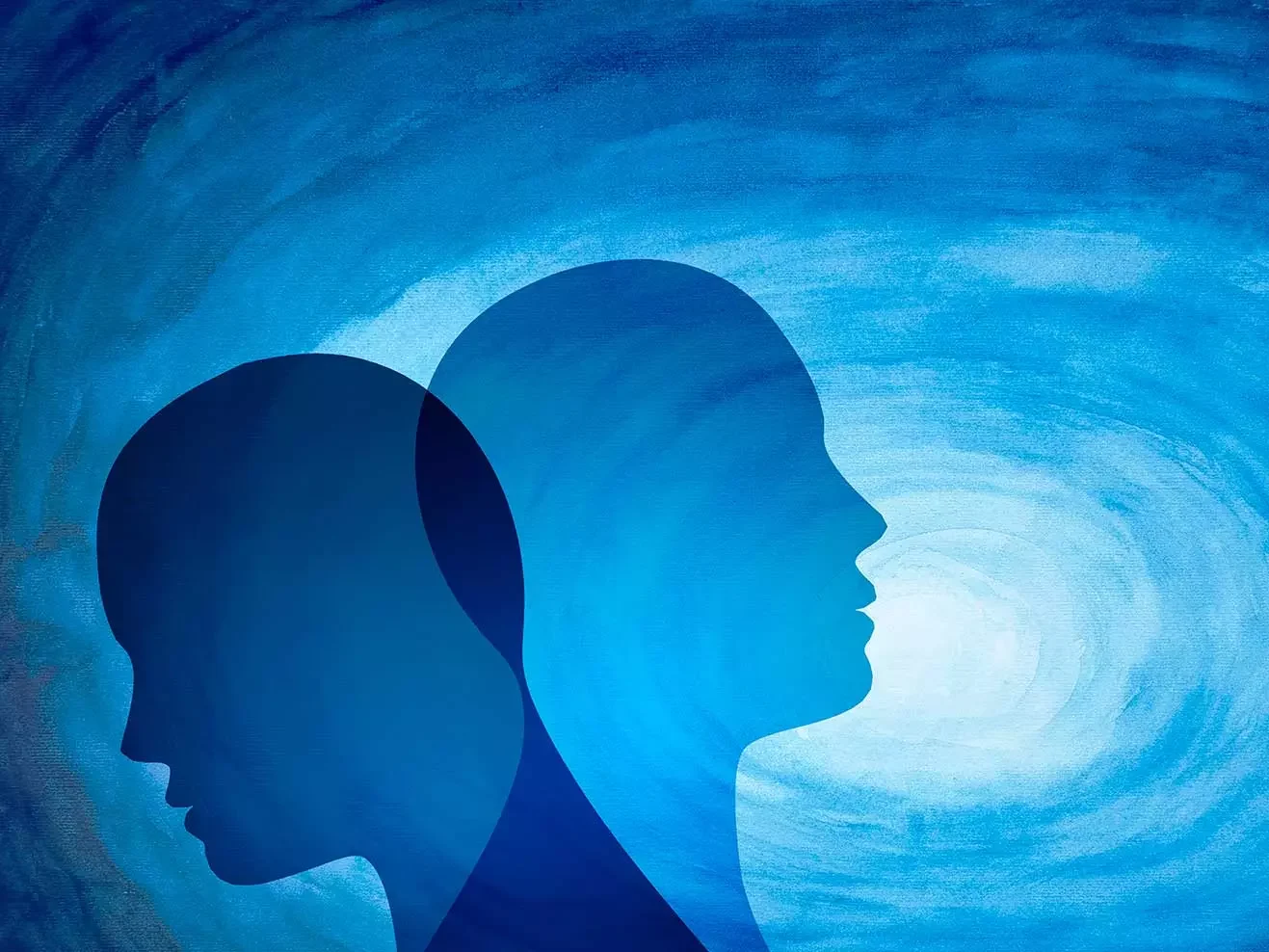Dr. Sylvia Foster’s Services
- Addiction medicine
- Depression
- Panic Disorder
- Anxiety
- OCD
- Schizophrenia
- ADHD
- Bereavement
- Bipolar Disorder
Dr. Foster offers both psychotherapy and medication to adults, both in person and via secure tele-health, whichever is best suited for your needs.
She is open to exploring what types of services best suit you.
Dr. Foster offers varying times of sessions, and is open to bringing in your family and friends, in order to best understand your present issues.
Telehealth Available

Depression
Depression is a mood disorder characterized by persistent feelings of sadness, hopelessness, and a lack of interest or pleasure in daily activities. Three key aspects of depression include:
- Persistent Low Mood: Individuals with depression experience a pervasive and enduring low mood that extends beyond normal fluctuations in mood. This persistent sadness may be accompanied by feelings of emptiness, worthlessness, or guilt, contributing to a negative self-perception.
- Loss of Interest or Pleasure: A hallmark symptom of depression is anhedonia, which involves a diminished interest or pleasure in activities that were once enjoyable. Hobbies, social interactions, and even personal relationships may lose their appeal.
- Physical and Cognitive Symptoms: Depression often manifests physically with symptoms such as changes in appetite, sleep disturbances, fatigue, and psychomotor agitation or retardation. Additionally, cognitive symptoms can include difficulties with concentration, decision-making, and a sense of mental fog or slowness.
Anxiety
Anxiety is a common mental health condition characterized by excessive worry, fear, or apprehension. Individuals with anxiety may experience a range of physical and emotional symptoms that can impact their daily lives. Three key symptoms of anxiety include:
- Excessive Worry: Individuals with anxiety often experience persistent and uncontrollable thoughts of impending doom, fears about the future, or excessive concern about everyday events. This heightened worry can be disproportionate to the actual circumstances.
- Physical Symptoms: Anxiety can manifest physically, leading to symptoms such as muscle tension, restlessness, fatigue, and irritability. It may also cause a range of physical sensations, including trembling, sweating, and a racing heart (palpitations).
- Avoidance Behavior: People with anxiety may engage in avoidance behaviors to evade situations that trigger their anxiety. This could include avoiding social gatherings, work responsibilities, or other activities that provoke feelings of unease or fear.


ADHD
Attention-Deficit/Hyperactivity Disorder (ADHD) is a neurodevelopmental disorder that affects both children and adults, impacting attention, impulse control, and hyperactivity. Individuals with ADHD may exhibit a range of symptoms. Three key aspects of the disorder include:
- Inattention: People with ADHD often struggle with sustaining attention on tasks, frequently becoming easily distracted and forgetful. They may have difficulty organizing tasks and activities, leading to a pattern of incomplete projects or forgetfulness in daily responsibilities.
- Hyperactivity-Impulsivity: ADHD can manifest as hyperactivity, characterized by excessive fidgeting, restlessness, and difficulty staying seated in situations where it is expected. Impulsivity is marked by hasty decision-making, impatience, and a tendency to act without considering consequences, often interrupting others in conversations.
- Executive Functioning Challenges: ADHD can impact executive functions, such as planning, organization, and time management. Individuals may struggle with initiating tasks, following through on commitments, and managing their time effectively.

Bipolar Disorder
Bipolar disorder, or manic-depressive illness, is a mental health condition characterized by intense mood swings between manic episodes marked by elevated energy, impulsivity, and reduced need for sleep, and depressive episodes featuring persistent feelings of sadness, hopelessness, and loss of interest in activities. These extreme mood fluctuations significantly affect daily functioning and relationships, necessitating a combination of medication, psychotherapy, and lifestyle adjustments.
Three key symptoms of bipolar disorder include:
- Manic Episodes: Characterized by elevated mood, increased energy, impulsivity, and a reduced need for sleep.
- Depressive Episodes: Marked by persistent feelings of sadness, hopelessness, and a loss of interest or pleasure in activities.
- Mood Swings: Individuals with bipolar disorder experience dramatic shifts between manic and depressive states, impacting their emotional stability and overall well-being.